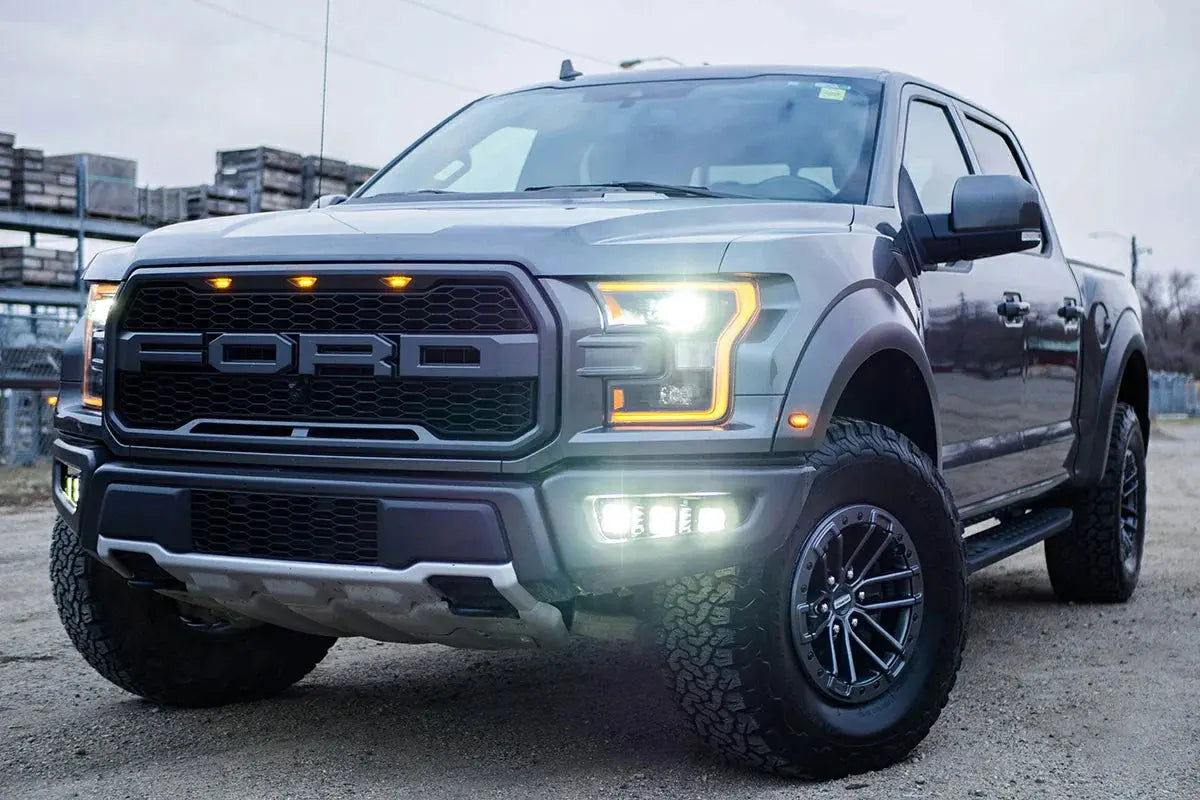If you’ve been around diesel trucks for a while, you’ve probably heard about EGR deletes. Maybe a buddy told you it’ll make your truck run better or stop clogging up.
But here’s the truth: as of 2025, an EGR delete is still not legal for trucks that drive on public roads.
That doesn’t mean people stop talking about it — there are reasons owners still look into deletes. Let’s go through what’s legal, what’s not, why people still do it, and how to stay safe if you’re thinking about it.
Short answer — No
The EPA (Environmental Protection Agency) says removing or turning off emissions parts like the EGR is “tampering.” That’s a fancy way of saying don’t mess with emissions systems on a road vehicle. (Reference below)
If you do, the fines can be crazy high — we’re talking up to $45,000 per vehicle or $4,500 per tampering act (EPA source). (Reference below)
And if you live in California, the Air Resources Board (CARB) takes it even further — they inspect trucks, check compliance, and issue tickets fast (CARB link).(Reference below)
So no, it’s not legal on any truck that drives on public streets or highways.
What the law actually says
Back in the ‘70s, the Clean Air Act was created to keep the air cleaner. It says you can’t remove or disable anything that helps control emissions. That includes EGR systems, catalytic converters, DPF filters, and all that stuff.
So if you remove, reprogram, or even sell a “defeat device” (like a delete tuner) meant to bypass those systems, it’s considered tampering.
That’s why you see so many disclaimers on diesel delete kits — because it’s only legal when used off-road or for racing.
Even though you sometimes hear rumors about new rules or rollbacks, nothing has actually changed for road use. The law’s still the same. Some states even go further — Colorado, for example, calls out emissions tampering directly in their own laws (Colorado link).
In short, as long as your truck has a license plate and drives on public roads, an EGR delete is off-limits.
Why owners still think about deleting EGR
Most people talk about deleting aren’t trying to break the law. They’re just tired of their trucks acting up.
If you’ve owned a diesel for a while, you know how frustrating a bad EGR valve can be. We got the information below from Reddit. Here’s what owners usually say about egr delete:
- “My EGR cooler keeps clogging — I’m done spending money on it.”
- “The truck runs smoother and breathes better without it.”
- “I’m not in California — who’s gonna know?”
- “It’s just for my farm truck, not daily driving.”
And honestly? We get it. EGR systems recycle hot exhaust gas, and over time, that soot builds up. It gums up valves, sensors, and coolers. You lose power, get black smoke, or even limp mode.
That’s why some people turn to delete kits. They just want a reliable truck again. But reliability shouldn’t mean risking fines — and that’s where knowing the limits helps.
The real risks of deleting your EGR
Before you grab that wrench, here’s what most people don’t realize until it’s too late:
-
Big fines. The EPA and some states can hit you with thousands in penalties — not fun.
- Failed inspections. Delete your EGR and your truck won’t pass emissions or safety
- checks in most states.
-
Voided warranty. Once you delete, your factory warranty’s gone. Period.
-
Insurance and resale issues. Some insurers drop coverage on tampered vehicles, and reselling it gets hard.
-
Higher temps = more wear. Without the EGR, combustion temps rise. If the tune’s not perfect, you can burn valves or melt pistons.
-
Bad for the environment. Deletes increase NOx and soot emissions — which is exactly why they’re banned.
So yeah, it can make your truck run smoother… until it doesn’t.
When an EGR delete is legal
When/ where is egr delete legal? There’s one clear exception: off-road or race-only trucks. What is our spetuner emphasis: We offer quality EGR delete kits for off-road/race trucks, whatever Powerstroke, Cummins, or Duramax engine.
If your truck is used only on private land, race tracks, sled pulls, or farm property — not registered for highway use — then an EGR delete can be legal.
But you must:
- Keep it off public roads
- Make sure it’s labeled “for competition/off-road use only”
- Follow all local and state rules for off-road equipment
If you ever plan to return that truck to the street, you’ll need to reinstall all emissions parts first.
If you want to learn how to install your delete kit correctly, check out all our Installation Column here.
This installation guide may help you some:
- How to Install EGR Delete on a 6.7 Powerstroke: Expert Step-by-Step Guide
- DIY EGR Delete for 2019+ Dodge Ram 6.7L Cummins: Complete Step-by-Step Guide
How to stay safe — checklist
Here’s a quick list I tell every diesel owner who asks me about deletes:
- Check your local laws — every state’s a little different.
- Scan your truck first — maybe it’s just a dirty sensor.
- Try a tune or cleaning before a delete.
- If you do delete, keep it off-road.
- Hold onto the stock parts — you might need them later.
- Ask SPETUNER for help. We’ll give honest advice based on your setup.
SPETUNER: Your trusted source for off-road EGR Delete Kits
We’ve been in the diesel game for years, and we know how much these trucks mean to their owners.
When you buy from SPETUNER, you’re getting
✅ High-quality, precision-fit EGR Delete Kits — built for performance and long-term reliability
✅ Straightforward installation — parts that actually fit your Powerstroke, Duramax, or Cummins
✅ Fast/Free shipping — directly from our U.S. online store, no middlemen
👉 Check out our full EGR delete kits here:
- 6.0L / 6.4L / 6.7L Powerstroke EGR delete kits ➤
- 5.9L / 6.7L Cummins EGR delete kits ➤
- LB7–L5P Duramax EGR delete kits ➤
FAQs
Q1: Is an EGR delete legal in 2025?
A1: No. Removing or turning off the EGR system is still against the law for trucks or cars that drive on public roads.
Q2: Why is deleting the EGR system illegal?
A2: Because the EGR helps cut down dirty exhaust gases. Without it, your truck makes more pollution, so the EPA bans it.
Q3: Can I do an EGR delete for off-road or race use?
A3: Yes, but only if your truck never drives on public roads. It must stay on private land, race tracks, or farms.
Q4: What happens if I delete my EGR on a road truck?
A4: You could get big fines, fail inspection, lose your warranty, or even lose your registration. It’s risky for road trucks.
Q5: Does deleting the EGR make more power?
A5: Yes, many off-road owners say the truck runs stronger and smoother after egr delete. But that setup is only legal off-road.
Q6: Does deleting the EGR save fuel?
A6: Sometimes it can improve fuel mileage a little, but results depend on tuning and how you drive.
Q7: What’s the difference between an EGR delete and a block-off plate?
A7: A delete takes out the whole system. A block-off plate just stops the exhaust flow but doesn’t remove the parts.
Q8: Will my truck pass inspection after an EGR delete?
A8: No. Trucks with deleted EGR systems will fail emissions tests in most states.
Q9: What should I do if my EGR keeps failing?
A9: Try cleaning or replacing the parts first. If you still want to delete it, use your truck off-road only.
Q10: Where can I buy a good EGR delete kit?
A10: You can order high-quality, off-road-use-only EGR Delete Kits from SPETUNER, a trusted online store for diesel performance parts.
Reference
Our article is based on information from official and reliable sources:





